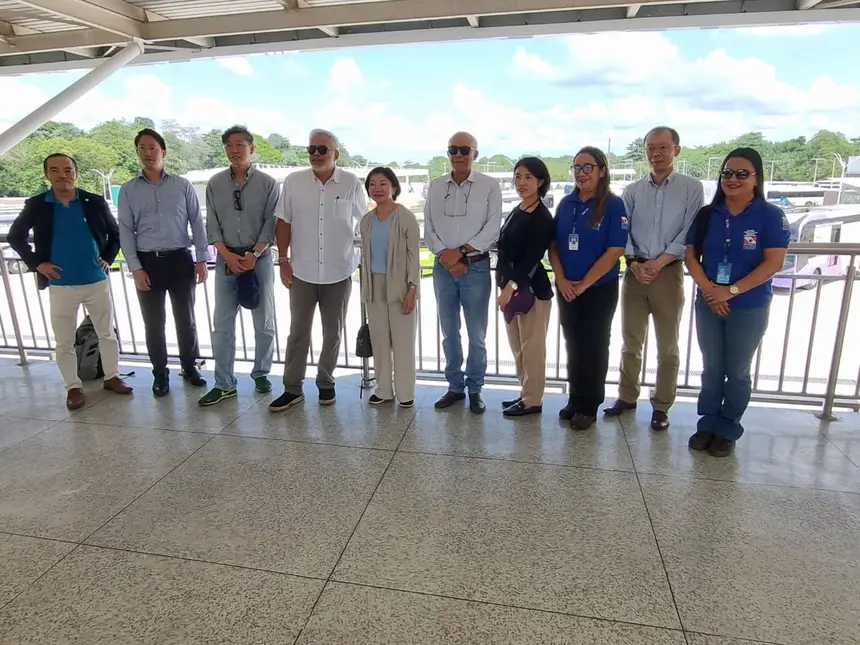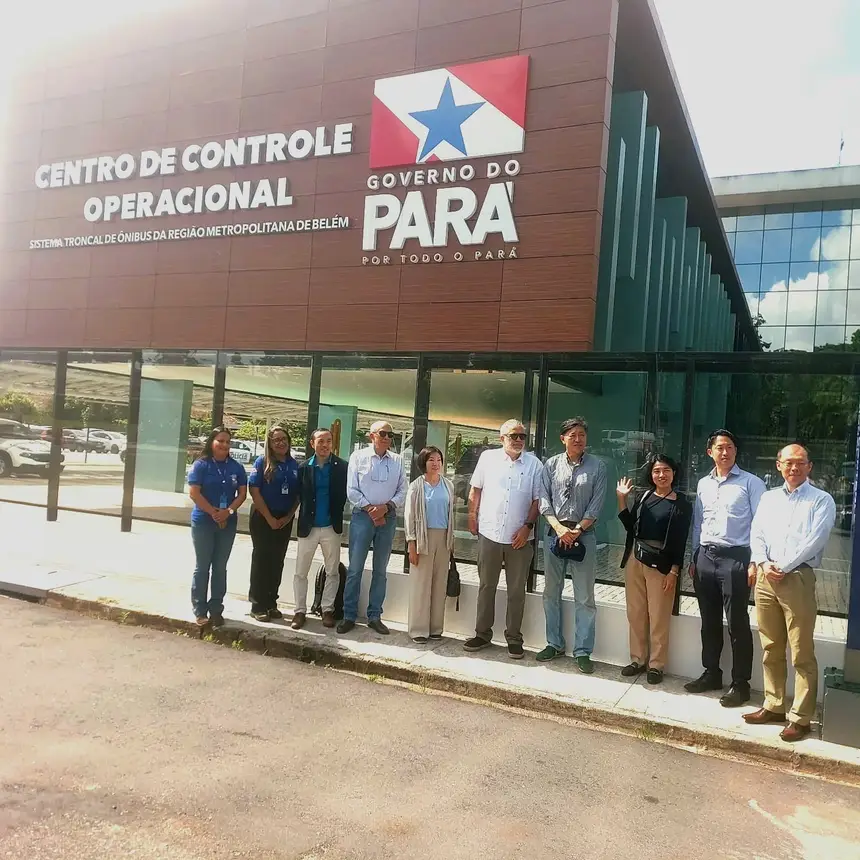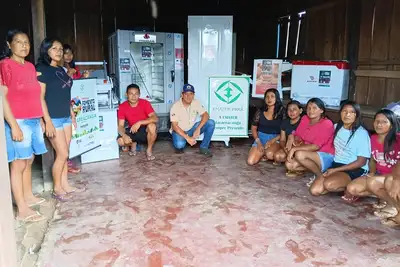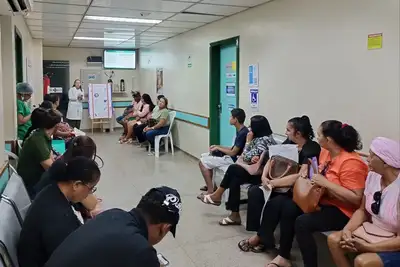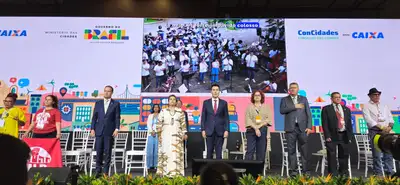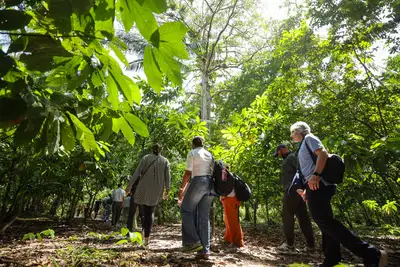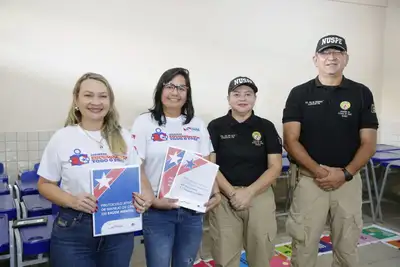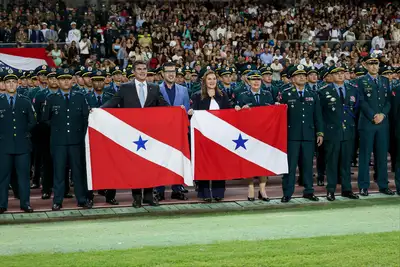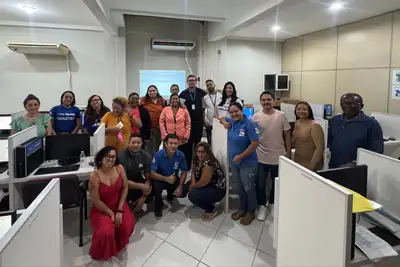JICA Delegation Visits the Metropolitan BRT and Monitors Operations
Japan International Cooperation Agency financed part of the works
A delegation of representatives from the Japan International Cooperation Agency (JICA) visited the facilities of the Metropolitan BRT. The group was welcomed by the technical teams from the Public Services Regulation and Control Agency of the State of Pará (Arcon), responsible for the implementation with the concessionaires, and from the Metropolitan Transport Management Center (NGTM), which conducted the works.
The agenda began at the Operational Control Center (CCO), a space dedicated to real-time monitoring of the fleet and passenger flow. Then, the group traveled along the BRT corridor, departing from Belém to the integration terminals of Ananindeua and Marituba. During the journey, they boarded a trunk line bus to observe the operation directly in the system.
Among the members of the JICA Delegation were Vice President Katsura Miyazaki, Director of the Central and South America Department Keisuke Ito, Chief Representative of JICA Brazil Akihiro Miyazaki, Secretary to the Vice President Hayakazu Yoshida, Project Coordinator Katsuya Ishihara, and Junior Specialist Haruka Hatanaka.
“They were very pleased with what they saw. Ms. Miyazaki asked several questions about the infrastructure and operation, and this exchange reinforces the relationship of trust and friendship that we have always had with JICA,” said Eduardo Ribeiro, general director of Arcon.
Throughout the visit, the group showed interest in the technical aspects of the BRT, including infrastructure, operational management, and implementation results. The delegation's assessment was positive, highlighting satisfaction with the system's operation.
“We thank everyone involved in the construction of the Bus Transport System of the Metropolitan Region of Belém. Although the implementation of this system took a considerable amount of time to complete, it represents an extremely important initiative that simultaneously increases the efficiency of urban transport and reduces environmental impact. It is truly fortunate that it was completed in time for COP 30. We firmly believe that the improvement of public transport through this project will provide safe and accessible mobility options for all people, including those with low income, thus contributing to the promotion of social inclusion,” stated Katsuya Ishihara, project coordinator at JICA.
JICA is a historic partner of Pará and played a decisive role in the execution of the Metropolitan BRT, which received 78% of its funding from the Japanese government and 22% from the state treasury.



